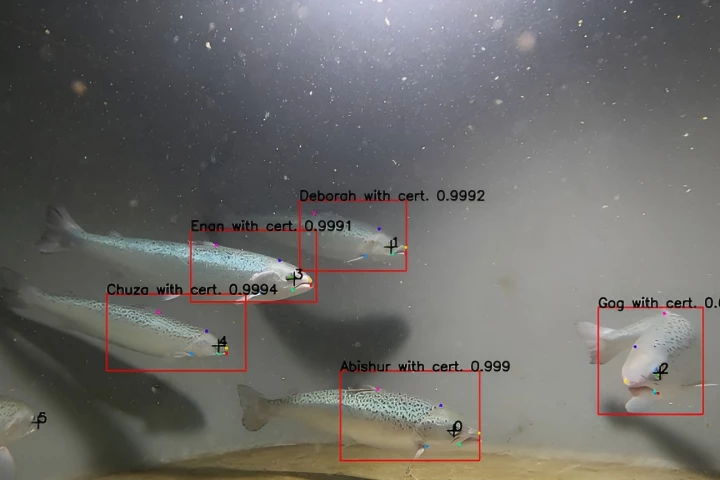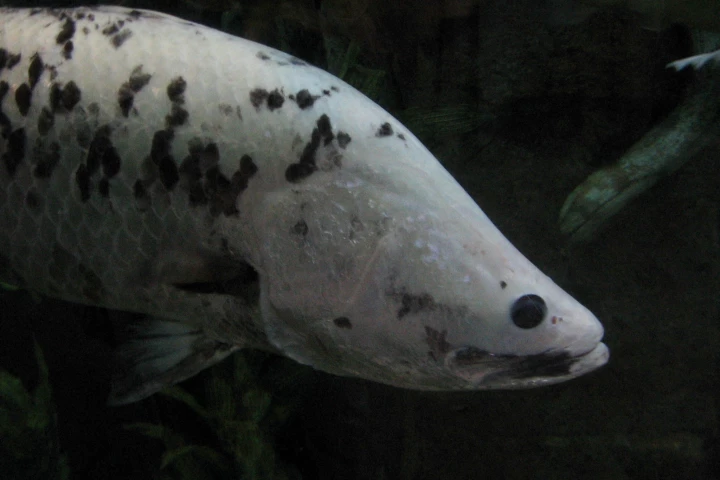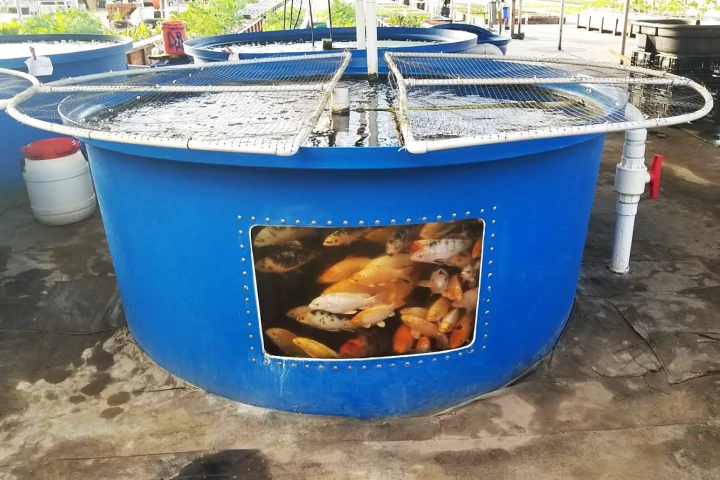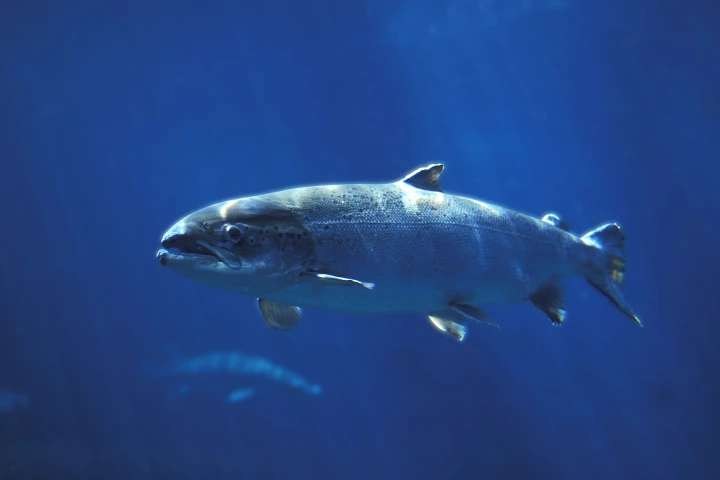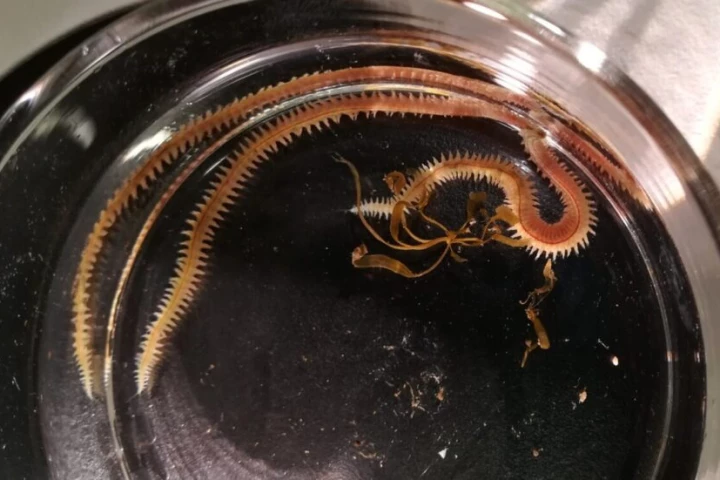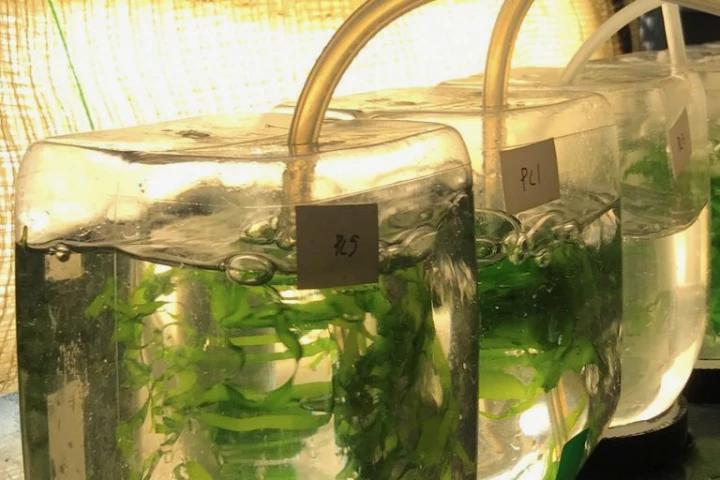Aquaculture
-
Inspired by the humble old greenhouse, a futuristic self-contained food ecosystem offers us a glimpse at a how we might one day have "farm to table" on our apartment block rooftops or in space-poor urban areas. Think of it as a tiny house of produce.
-
If you're releasing a robot into the aquatic environment with no intention of retrieving it, that bot had better be biodegradable. Swiss scientists have gone a step better, with a li'l robot that can be consumed by fish when its job is done.
-
Stressed fish tend to become unhealthy fish, so it's very important that fish farm operators spot stress as early as possible. A new AI-based system could help them do so, by monitoring the rate at which each fish breathes.
-
Fish farming may be getting much more eco-friendly, courtesy of soybean processing wastewater. Microbes in the liquid have been used to produce proteins that could replace the fishmeal which is currently fed to farmed fish.
-
A new type of storm-resistant fish farm could make aquaculture operations more eco-friendly. The submersible structure is designed to stay in the deep waters of the open ocean, where it should have less environmental impact than shore-adjacent pens.
-
Observing a pen full of salmon at a fish farm will only tell you so much about their well-being. That's why Norwegian scientists have developed an implant that measures and records the vital signs of individual fish, who will serve as "sentinels."
-
For centuries, shipworms have vexed mariners by boring into – and consuming – the hulls of wooden ships and boats. Soon, though, we may actually be eating those "worms," as they have successfully been farmed for the first time.
-
Aquaponics operations combine aquaculture and hydroponics, with nutrient-rich water from the former being used to fertilize plants in the latter. Soon, such systems could also be powered by methane biogas derived from their own fish feces.
-
Although salmon farms help take pressure off wild stocks, the penned fish do produce a lot of waste which is concentrated at one location. A new farm is exploring a solution to that problem, by raising salmon and kelp in adjacent pens.
-
A new study has shown that foods that come from the ocean or freshwater, known as "blue foods," have the potential to address several important global issues, including nutritional deficits, disease, and climate change.
-
While the farming of salmon does help take pressure off wild stocks, the feed used to raise the fish still isn't entirely sustainably sourced. That may change, however, thanks to nutrient-rich worms that eat readily available seaweed.
-
The processing of foods typically generates a lot of wastewater, which has to be cleaned up before being released back into local waterways. According to new research, however, that water could first be put to use as a very effective fertilizer for farmed seaweed.
Load More


